Introduction to Building Resilience in Families
Building resilient coping strategies within families necessitates intentional approaches that promote emotional strength, adaptive skills, and supportive environments. Parent and family training serve as foundational tools for empowering families to navigate adversity, foster healthy development, and cultivate protective factors. This comprehensive guide explores effective strategies, evidence-based practices, and available resources to enhance resilience at all family levels, emphasizing the importance of self-care, social support, trauma-informed care, and family cohesion.
Core Strategies for Foster Resilience in Families
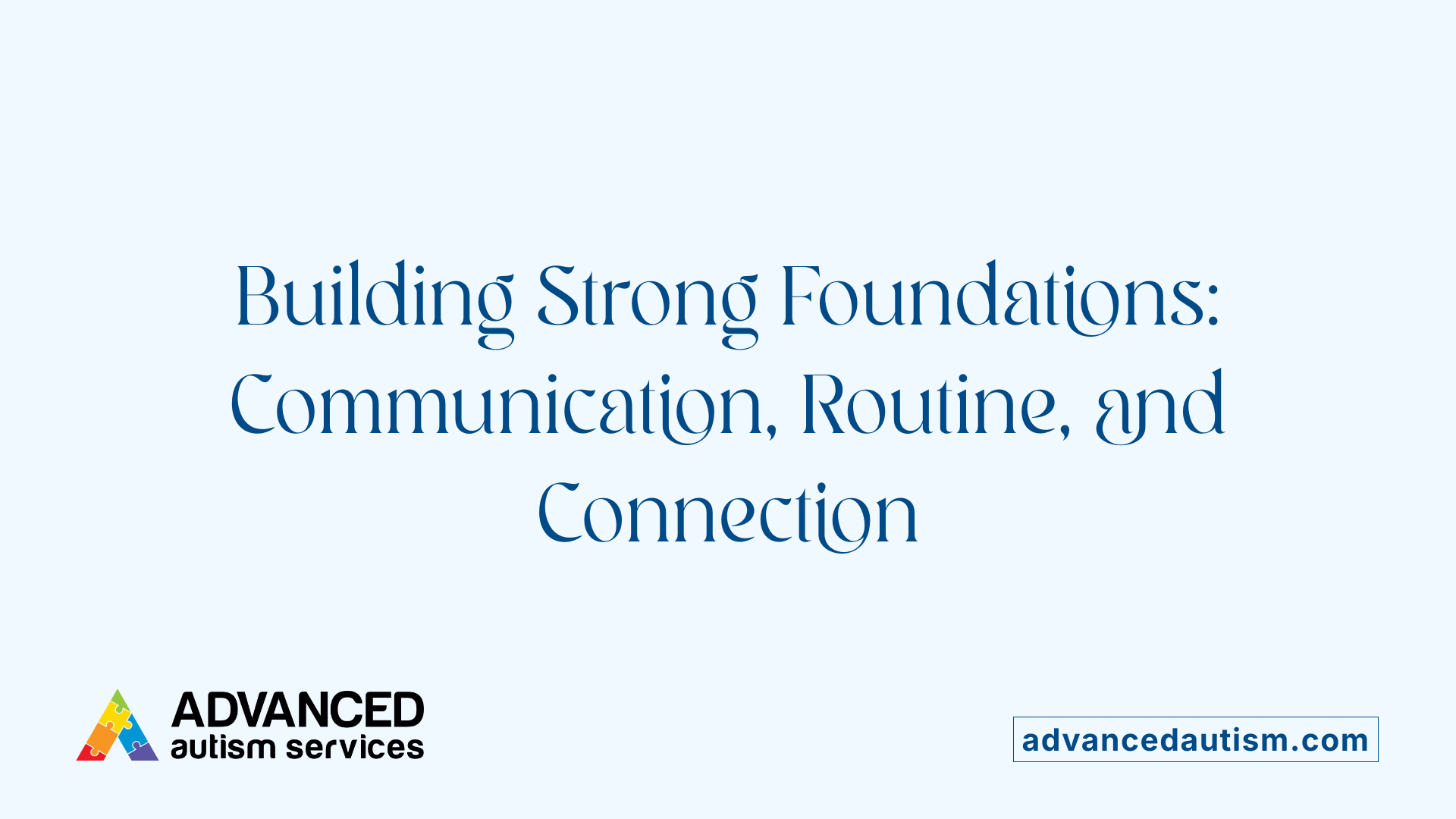
What are effective strategies for building resilience in families?
Building resilience within families involves multiple interconnected approaches. One fundamental aspect is establishing strong, open communication. When family members feel heard and understood, it enhances emotional support and trust, which are crucial during difficult times.
Creating positive routines and maintaining stability are also essential. Consistent daily schedules, predictable activities, and reliable family traditions provide a safe environment that helps manage stress and promotes a sense of control.
Engaging children through age-appropriate activities such as play, art projects, or family rituals encourages expression and helps children develop healthy coping skills. These activities foster a sense of belonging and resilience.
Encouraging social connections beyond the immediate family, such as friendships and community involvement, broadens support networks and offers additional emotional resources.
Teaching self-care and problem-solving skills equips family members with tools to handle stress, adapt to change, and navigate challenges effectively. Supporting families during stressful periods by maintaining consistent routines and open discussions about difficult topics—like fears or worries—further bolsters resilience.
Utilizing professional resources, such as trauma-informed care and stress reduction techniques like mindfulness or deep breathing exercises, can enhance a family's capacity to cope and adapt. Overall, integrating these strategies fosters an environment where families can recover from adversity, grow stronger, and support each other's well-being.
The Role of Parent and Family Training in Developing Resilience
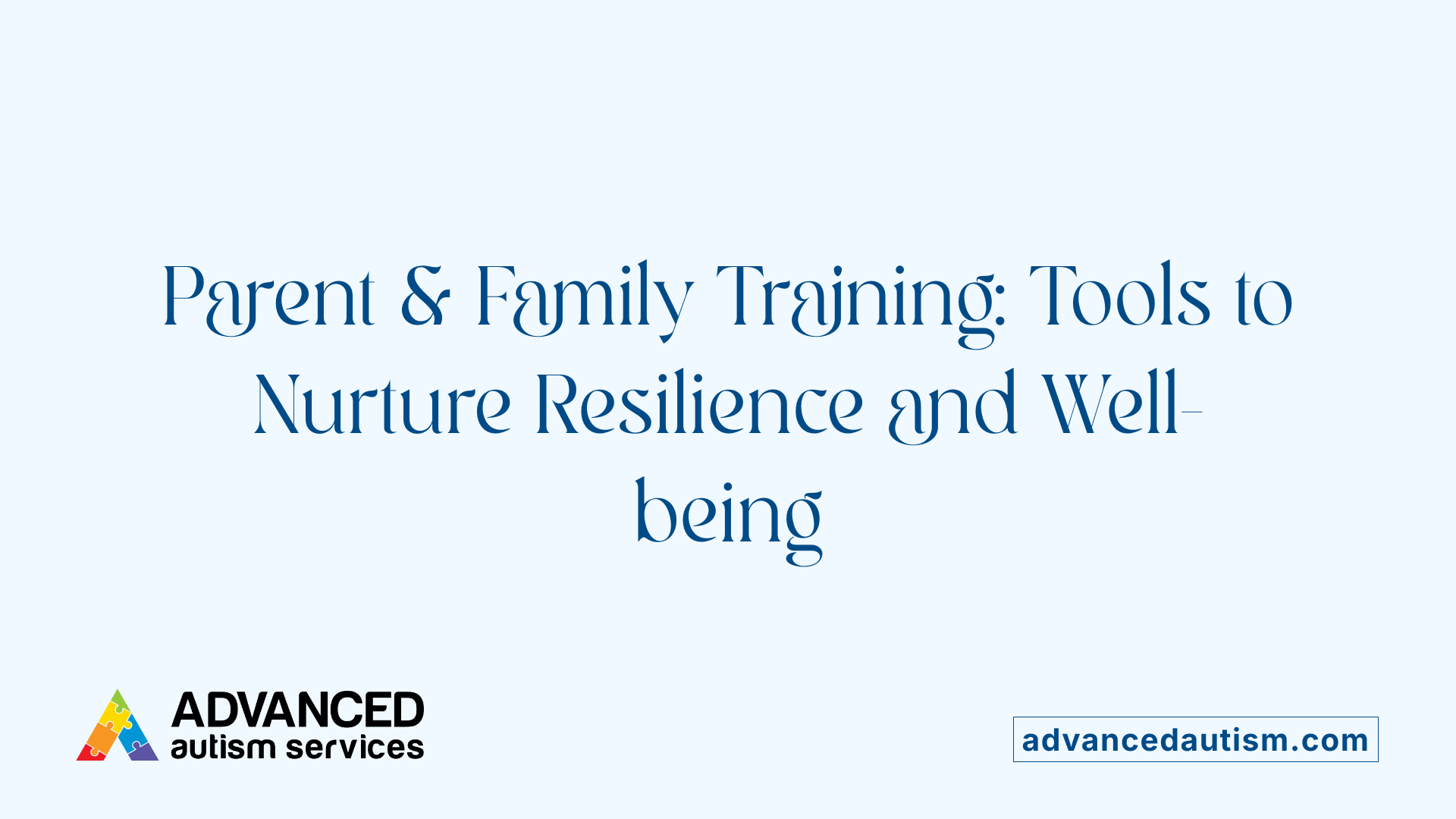
How does parent and family training support resilience development?
Parent and family training plays a vital role in fostering resilience by providing families with practical tools and knowledge to build a supportive, stable environment for children. Through training, parents learn to establish nurturing settings characterized by consistent routines, open communication, and emotional warmth, which give children a sense of safety and predictability.
This approach encourages parents to model effective coping behaviors such as problem-solving, emotional regulation, and self-care. When children observe their parents handling stress positively and managing emotions well, they develop their own skills to face challenges.
Family-centered programs also emphasize the importance of strengthening family bonds through shared activities, traditions, and meaningful interactions. These practices help create a dependable support network, vital for resilience.
Social connections within and outside the family—like community groups and friendships—are also promoted, providing additional resources and emotional backing. Such relationships bolster the family’s capacity to adapt during difficult times.
Ultimately, parent and family training enhances the internal and external resources families rely on, empowering them to help children develop optimism, problem-solving abilities, and emotional strength. This comprehensive support system equips children to navigate adversity more effectively, promoting lifelong resilience.
Supporting Children and Teenagers in Building Resilience
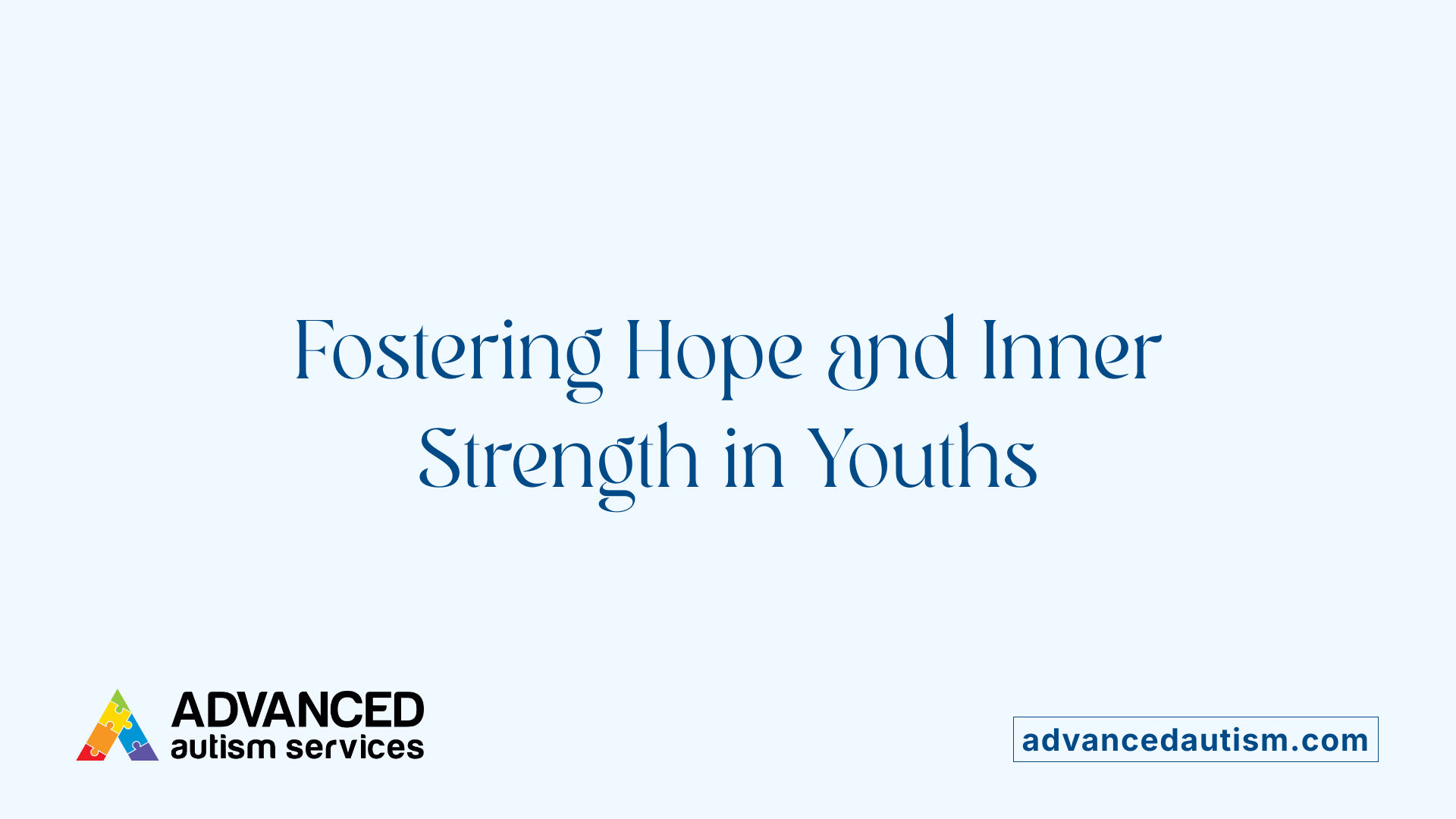
What techniques can be used to support resilience in children and teenagers?
Supporting resilience in children and teenagers involves a mix of relationship-building, skill development, and creating a stable environment. One of the most effective approaches is fostering strong, trusting relationships with caring adults, such as parents, teachers, coaches, or mentors. These adults provide emotional support, unconditional love, and dependable presence, which helps children feel safe and valued.
Developing internal strengths is also crucial. Teaching children emotional regulation skills helps them manage feelings of stress, anger, or sadness. Promoting self-respect and self-compassion encourages a positive self-image, which is fundamental for bouncing back from setbacks. Cultivating positive thinking habits and resilience-based mindsets supports their ability to adapt to challenges.
Encouraging social skills and helping children build meaningful peer relationships boost their sense of belonging and confidence. These social connections act as buffers against stress and adversity. High expectations rooted in a child's individual character and strengths nurture hope and motivation.
Implementing the Seven Cs framework — confidence, competence, connection, character, contribution, coping, and control — offers a comprehensive pathway to resilience. For example, fostering a sense of contribution and fostering control over aspects of their lives empowers children and teenagers.
Creating stable environments with consistent routines provides predictability and safety, which are vital during stressful times. Supporting responsibility and independence allows young people to develop a sense of mastery and readiness for future challenges.
Teaching problem-solving and goal-setting skills equips children with practical tools to navigate difficulties and pursue growth. Encouraging safe risks and responsibility promotes resilience by showing children that challenges can lead to development and success.
Overall, resilience-building involves integrating these strategies into daily life, fostering an optimistic outlook, and ensuring children have the skills and support to thrive despite hardships.
Enhancing Social-Emotional Well-Being Through Family Support
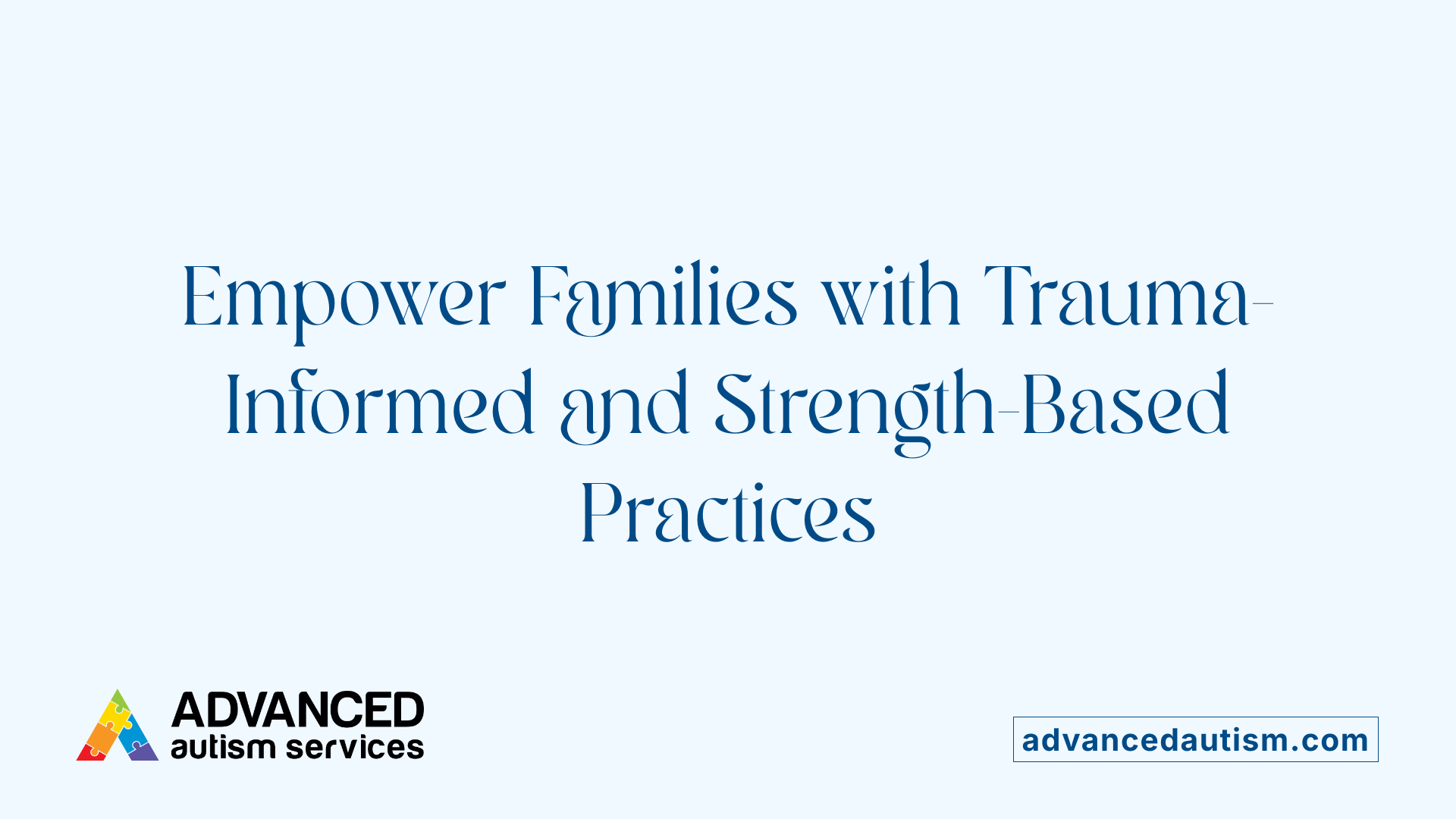
What are evidence-based practices for enhancing social-emotional well-being through family support?
Supporting the social-emotional health of children and families involves practical, research-backed strategies that foster resilience and emotional regulation. One of the most effective approaches is adopting trauma-informed and strength-based methods. These frameworks help families understand how adverse experiences impact development and focus on building upon existing strengths to promote healing and growth.
Providing accessible resources is crucial. Families benefit from guides, tip sheets, and educational tools that teach skills such as emotion management, positive communication, and relationship building. These materials empower parents and guardians to actively support their children’s social-emotional learning at home.
Community programs play a vital role too. Early intervention services, help lines, and family support initiatives tailor assistance to meet each family's unique needs. Such programs not only provide immediate help but also develop long-term resilience through skill-building and resource connection.
Another foundational practice is enhancing family engagement within collaborative models like the Whole School, Whole Community, Whole Child (WSCC). These models encourage partnerships between families, schools, and community organizations, creating a unified support network that nurtures children's emotional health.
Utilizing media, outreach efforts, and printable materials serves to raise awareness, break down stigma, and motivate families to participate actively in their children’s social-emotional development. Educational campaigns and resource dissemination ensure families are equipped with the knowledge and tools to foster healthy emotional skills.
In all, integrating trauma-informed practices, providing valuable resources, engaging community support systems, and utilizing varied outreach methods constitute proven strategies for strengthening family involvement and promoting social-emotional well-being in children.
Mindfulness, Self-Care, and Social Support as Resilience Pillars
Why are self-care, social support, and mindfulness important in resilience training?
Self-care, social support, and mindfulness are crucial in resilience-building because they help individuals effectively manage stress and emotions. Engaging in activities like exercising, ensuring adequate sleep, and eating nutritious food boosts physical and mental health, providing a strong foundation to handle adversity.
Building supportive relationships—whether with friends, family, or community groups—offers emotional safety and encouragement, reducing feelings of isolation. These networks are vital during stressful periods, as they provide an outlet for sharing feelings and seeking advice.
Practicing mindfulness and meditation enhances awareness of present moments and fosters acceptance. Techniques such as deep breathing and progressive muscle relaxation help calm the mind, making it easier to respond constructively rather than react impulsively to stress.
Together, these practices form a protective shield, enabling individuals to recover from setbacks and develop a positive outlook. Cultivating these habits supports emotional regulation and resilience, essential for enduring life's challenges.
| Aspect | Strategies | Benefits |
|---|---|---|
| Stress Management | Mindfulness, meditation, deep breathing | Reduces anxiety, increases focus |
| Self-Care Routines | Exercise, sleep, proper nutrition | Strengthens body and mind |
| Social Support | Connecting with friends, family, community groups | Decreases loneliness, offers emotional aid |
| Preventing Burnout | Regular breaks, setting boundaries | Maintains energy levels and motivation |
Implementing these pillars consistently fosters a resilient mindset, helping families and individuals face challenges with confidence and hope.
Improving Family Cohesion and Protective Factors
How can family cohesion and protective factors be improved to enhance resilience?
Boosting family cohesion and protective elements is essential for strengthening resilience within the family unit. At its core, this involves nurturing strong emotional connections through consistent support, empathy, and demonstrations of care. When family members feel loved and valued, they develop a sense of security and belonging, which is vital during stressful times.
Effective communication plays a crucial role. Families should prioritize open dialogue, where feelings and concerns are shared honestly. Learning conflict resolution techniques and emotional expression helps manage disagreements constructively, creating a peaceful and supportive environment.
Establishing routines and structured activities adds stability. Predictable daily schedules and shared family activities foster a sense of normalcy, which is particularly beneficial during crises such as illness or trauma. Having clear rules and expectations guides behaviors and provides comfort.
Seeking support through family counseling or trauma-informed care can further build resilience. These interventions help families develop essential coping skills, improve understanding, and heal from adverse experiences.
Lastly, engaging in meaningful family traditions—like shared meals, celebrations, or regular outings—can enhance perceptions of support and cohesion. These practices foster a collective identity and resilience, equipping families to face challenges with hope and strength.
Supporting these protective factors not only buffers against stress but also promotes overall mental health and well-being for all family members.
Available Educational Programs and Resources for Resilience Building
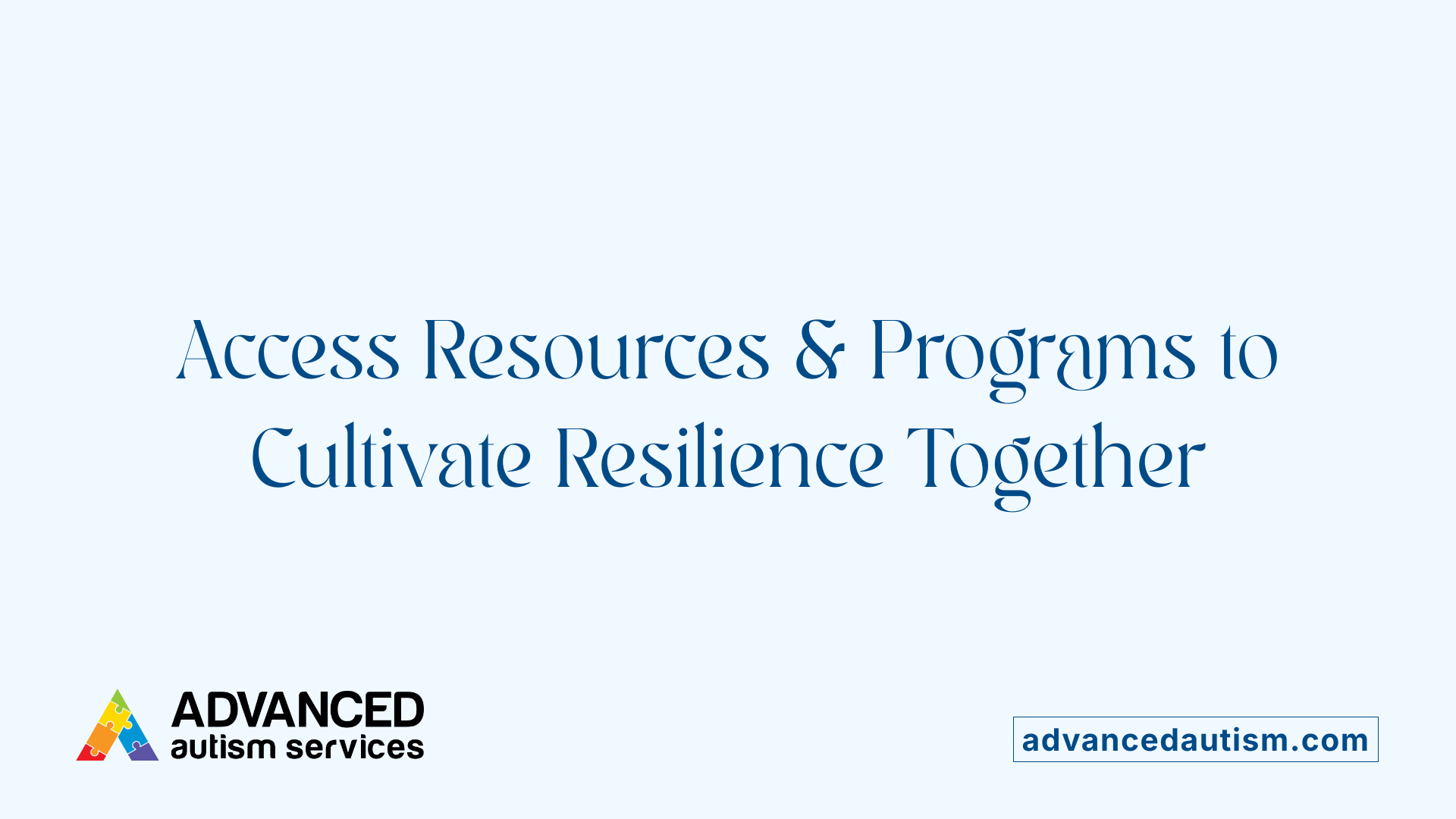
Are there educational resources or programs available for resilience-building?
Yes, numerous programs and resources are designed to support resilience development across different populations. Schools often implement curricula such as WhyTry and the Resilience Education Program (REP), which are tailored for students in grades 4-8. These programs teach emotional regulation, managing negative thoughts, and problem-solving skills, often including family engagement components and assessment tools to evaluate progress.
Beyond school settings, community organizations like Spartan Resilience provide courses aimed at students, staff, and the wider community. These programs focus on stress management, mindfulness, and shame resilience to help individuals better cope with adversity. Formats include webinars, peer-led initiatives, and interactive workshops, making resilience education accessible and engaging.
In the justice sector, specialized programs promote education, career development, and mentorship for both incarcerated and formerly incarcerated individuals. These efforts significantly reduce re-offense rates, enhance social reintegration, and support emotional well-being.
Research supports the effectiveness of these evidence-based initiatives, which draw on clinical theories and are validated through numerous studies. By incorporating these programs into schools, communities, and correctional institutions, families and individuals can develop vital skills for managing adversity and fostering mental health.
| Program Type | Focus Area | Target Audience | Delivery Method | Supporting Research |
|---|---|---|---|---|
| WhyTry, REP | Emotional regulation, problem-solving | Students, families | Classroom, family meetings | Evidence-based, validated by studies |
| Spartan Resilience | Stress management, shame resilience | Community members | Webinars, group sessions | Supported by clinical research |
| Justice sector programs | Education, mentorship | Incarcerated and former inmates | In-person, online | Proven to reduce recidivism |
These educational resources are instrumental for building resilience, equipping individuals with skills to navigate life’s challenges effectively. They complement family-based approaches and can be adapted to meet diverse needs, promoting healthier, more resilient communities.
Conclusion: Empowering Families for Resilience
Building resilient coping strategies through parent and family training requires a comprehensive approach that integrates emotional support, skills development, community engagement, and trauma-informed practices. By fostering strong relationships, encouraging positive routines, and leveraging available resources, families can develop the capacity to adapt and thrive in the face of adversity. Prioritizing self-care, mindfulness, and social support enhances individual resilience, while family cohesion and protective factors strengthen collective strength. Evidenced-based programs and ongoing education play crucial roles in equipping families with the tools needed for lifelong resilience. Ultimately, empowering families to grow resilient not only benefits individual members but also fosters healthier, more connected communities prepared to face future challenges.
References
- Parents: Practicing and Modeling Effective Coping Strategies
- Structural model of resilience based on parental support
- How Working with Parents and Children can Help Build Resilient ...
- 10 Actions To Help Children Be Resilient | Child & Family Blog
- Building Resilience through Compassion: A Parent Resource
- Building Blocks of Resilience | Family Resiliency Center | UIUC
- Coping Skills for Families: Building Strength and Resilience Together



